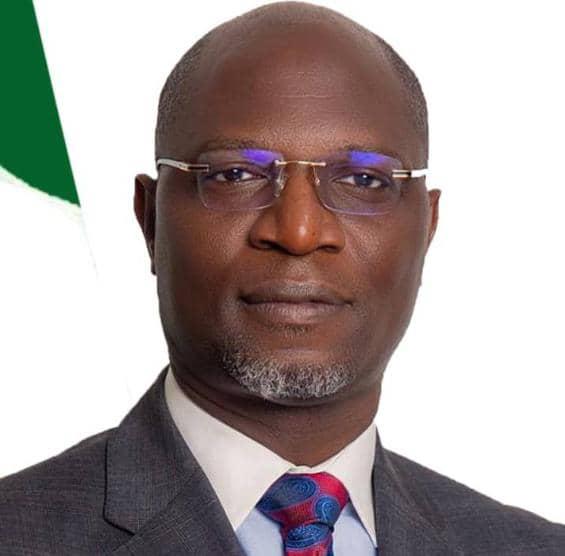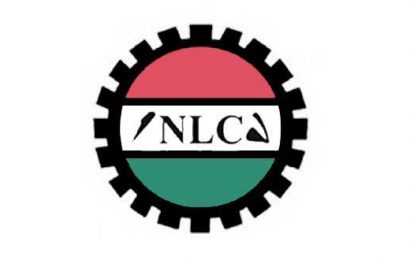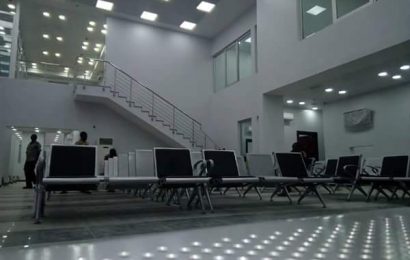
The Securities and Exchange Commission (SEC) on Wednesday disclosed that its Collective Investment Schemes increased to over N3 trillion in 2024.
The Director General of the SEC, Dr. Emomotimi Agama who disclosed this during an interaction with reporters in Abuja, explained that collective investment schemes are a part of the market system that allows people to diversify their risk via different angles besides going straight to the companies to invest.
He said, “In the collective investment schemes, you get a bucket of shares and ask people to invest. Therefore, if you are investing through a collective investment scheme, you probably will be investing in 10 companies via one route as different from going to invest directly in any company.
“It reduces your risk, it diversifies your potential and of course takes care of the ups and downs in the market whenever it does exist and it is for us a very good area for Nigerians to invest in because when you do not understand it, do not go into it.
With a collective investment scheme, you do not need to understand it because someone is there to understand it for you and invest on your behalf, understanding the vagaries of the market, its dynamics and how it runs”.
The SEC DG disclosed that beyond the CIS, the capital market aided in the development of the economy through the recapitalization exercise of banks by the Central Bank of Nigeria.
According to him, “As you are all aware, the banks are a very important element in our development and economic sphere. Last year 2024, the Central bank came up with a regulation to increase capital for all banks. Many people thought it was too daunting a task for the Capital market. However, where else will the banks who already loan money short term get money from, other than the Capital Market?
“But of course, the Capital Market came to the rescue. For all of the issuance that happened in the market last year, we were able to raise more than N2 trillion, precisely about N2.2 trillion for the banks, which means the Capital Market is actually the element that helps to galvanize growth and development”.
Agama also disclosed that apart from the banks, other institutions also came to raise capital from the Capital Market.
Agama stated that within the period under review, there were other developments in the market including many government bond issuances geared toward infrastructural development, adding that there is no economy that can actually grow without infrastructure.
“And the only place you can get long-term capital for infrastructural development is the Capital Market.
There has always been this mistake of people going to the money market to loan money that will be used for long-term projects. It is a recipe for failure.
The only place you can get that kind of money that you need for long-term projection that you need in achieving the goals of government, the goals of the institution is the Capital Market”
He stated that it has become very critical that Nigerians understand the functions and values of the Capital Market as the current management has deployed various initiatives to make the capital market attractive to Nigerians.
“One of the initial stumbling blocks was that processes were too long and it makes it difficult for intending applicants to plan. We have changed all that. Now for the capital market time to market is 14 days, which means that if you come to the capital market with all of your documents right, in 14 days you get an approval to raise a long-term capital, this was never the case. At one point in time, it was about one year or one and half years or two years but we cut all of that short.
“We are using technology to be able to achieve this and that is why we have what is called the E-offering platforms which allows Nigerians with the aid of their phones to be able to make investment without necessarily going to any bank or any other place to do so. For us, we are very confident that the things we have put in place in the capit





